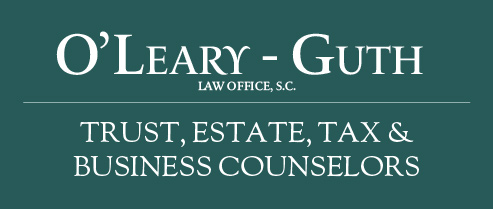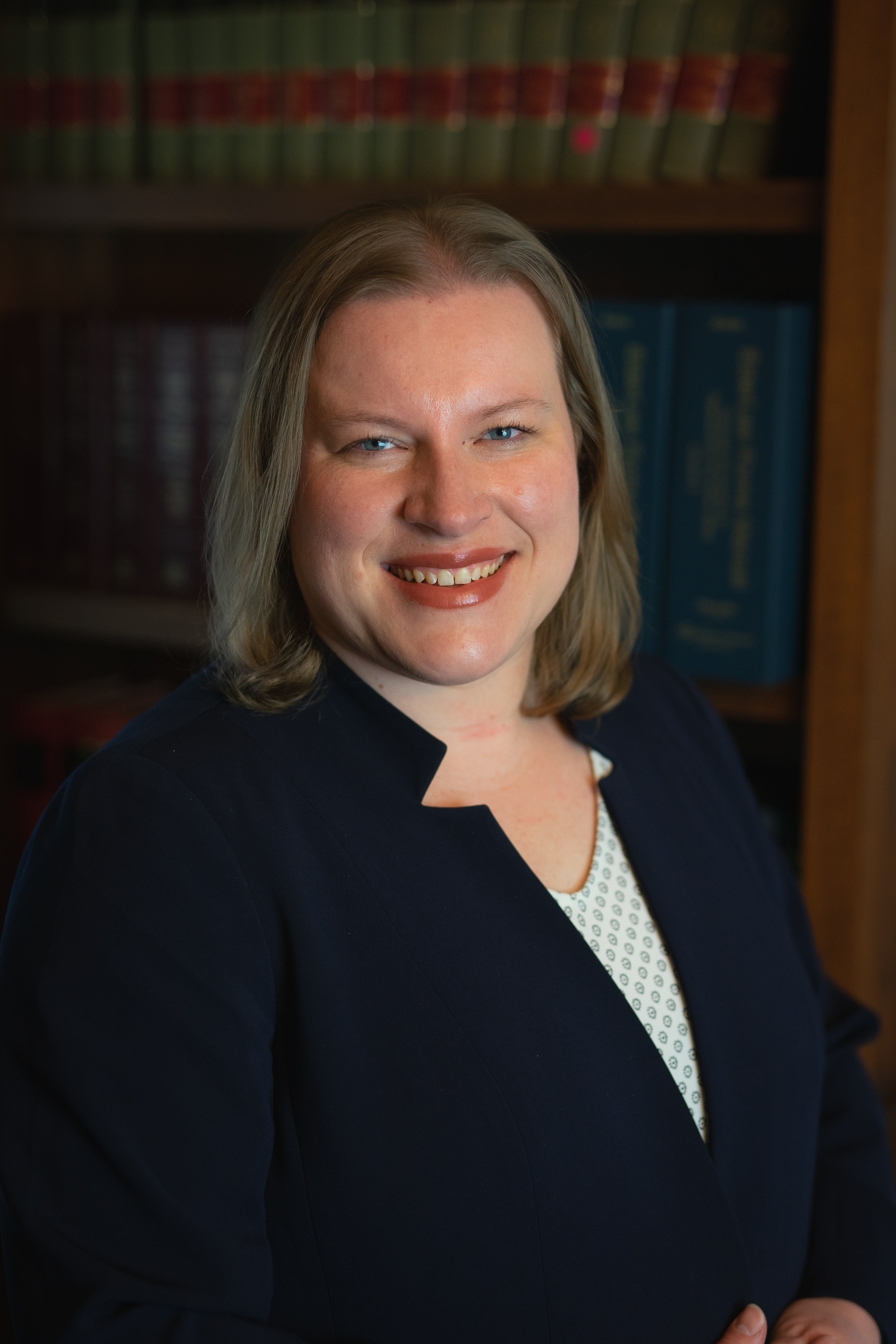Controversy Brewing in the Philanthropic Community: Will the ACE Act Change Charitable Giving?
Posted: September 24, 2021
Written by: Attorney Maureen O'Leary
President
The Accelerating Charitable Efforts Act (“ACE Act”) is a bill that was introduced this summer by Senators Angus King (I-ME) and Chuck Grassley (R-IA). The bill amends provisions of the Internal Revenue Code that apply to Donor Advised Funds (“DAFs”) and Private Foundations (“PFs”) in ways that are intended to accelerate the distributions of funds from DAFs and PFs to charities.
The Senators’ joint press release announced that they introduced the bipartisan legislation so that “philanthropic funds are made available to working charities within a reasonable time period.” However, the bill is controversial and subject to great debate in the philanthropic community.
Some philanthropic groups support the legislation because they believe the proposed tax reform unlocks many dollars for charity that are currently held in DAFs and PFs. Other groups, such as the Council on Foundations, oppose the legislation because they believe it "would negatively impact the philanthropic sector."[i]
Following is a summary of some ways that DAFs and PFs could be impacted by the ACE Act if it becomes law.
Donor Advised Funds
A DAF is an account established by a taxpayer with a sponsoring organization (for example, Fidelity Charitable, Vanguard Charitable, and many other financial institutions offer DAF accounts). All amounts contributed to a DAF must ultimately be distributed to an IRS-approved charity.
The person donating to a DAF is typically the “advisor”. As such he or she “recommends” to the fund manager the qualified charities that should receive distributions from the DAF, as well as the timing and amount of the such charitable distributions.
Currently, taxpayers can receive an income tax charitable deduction in the year they make a contribution to a DAF even though years can pass between the time a taxpayer contributes funds to a DAF and when the DAF distributes the funds to charity. However, the ACE Act would restrict how long funds can remain in a DAF, and make it harder for donors to qualify for income tax deductions when contributing to DAFs.
For example, the ACE Act creates the concept of a “qualified DAF” and a “non-qualified DAF”.[ii]
- A “qualified DAF” would limit a donor’s advisory role to 14 years. In order for the donor to receive an income tax deduction when making contributions to a DAF, the donor would need to name a default charity to receive any amounts that remain in the DAF after the 14-year period.
- A “non-qualified DAF” would be required to distribute all contributions to charity within 50 years of the donation or else a 50% excise tax would be charged! In addition, donors would not be allowed to claim a charitable deduction for contributions to a non-qualified DAF until the year that the DAF distributes the funds from the DAF to the qualified charity.
These types of changes could severely curtail the attractiveness of DAFs for donors.
Private Foundations
PFs are typically established by donors who give very large amounts to charity. PFs are already subject to minimum distribution requirements under current law. However, PFs would be affected by the ACE Act too.
For example, under the ACE Act PFs would no longer be allowed to treat distributions from the PF to a DAF as part of the PF’s annual 5% payout obligation (unless the DAF transferred the funds to charity by the end of the following tax year). In addition, the ACE Act disallows administrative expenses paid to “disqualified persons” (i.e., staff and board members who are also family members at a family foundation) from being counted as part of the PF’s minimum payout requirements.
Conclusion
The Bill is currently sitting in the Senate’s Committee on Finance.[iii] Given the controversial nature of the ACE Act it is unclear whether the bill will gain traction.
In the meantime, just the possibility of the ACE Act may have the opposite of its intended result. Instead of accelerating distributions out of DAFs and PFs, there may be a rush by taxpayers to make donations into DAFs and PFs before changes occur. If passed, it is expected that the ACE Act would generally only apply to contributions made after the date of enactment.
[i] Council on Foundations Opposes the Accelerating Charitable Efforts (ACE) Act | Connecticut Council for Philanthropy (ctphilanthropy.org)
[ii] Community foundations would receive certain exemptions from the proposed restrictions.
Schedule an appointment with us today.
Meet with a knowledgeable attorney who specializes in your area of law.
1251 W. Glen Oaks Lane, Mequon, WI 53092
F: (262) 238-6999

